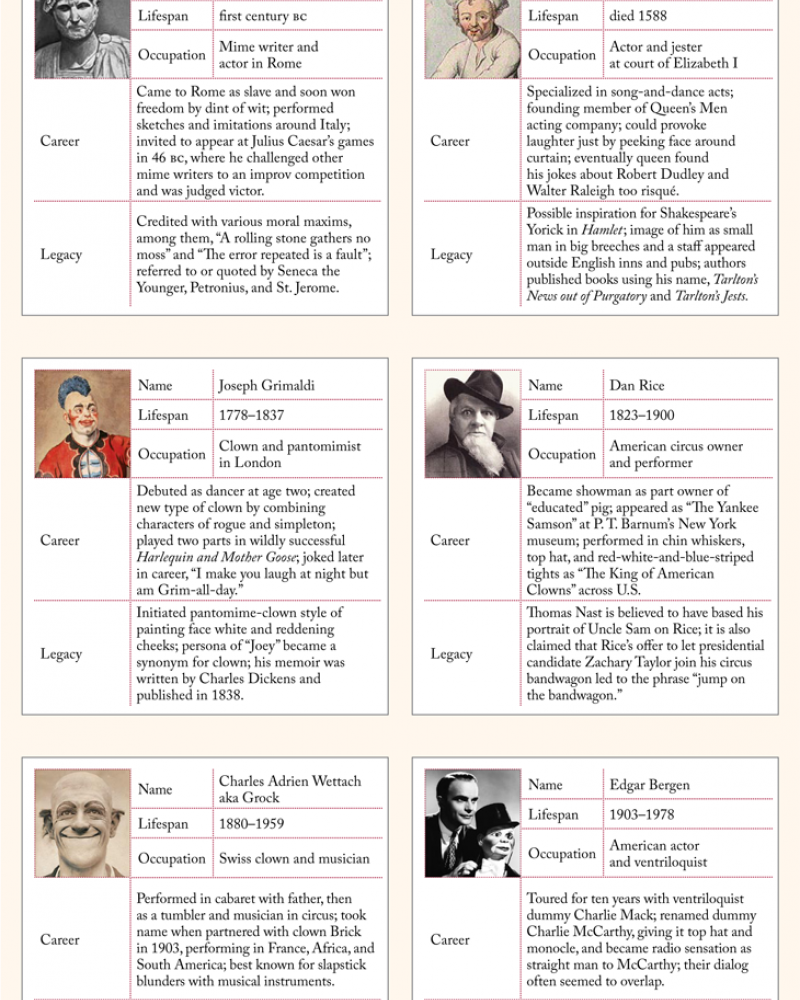Miscellany
In Britain in 60, Boudicca, queen of the Iceni tribe, led a revolt against the occupying Romans. According to the historian Tacitus, her forces killed seventy thousand people, sacking and burning the cities later known as St. Albans, Colchester, and London. “We must conquer in the line of battle or fall,” she announced before her final charge. “That is the fate of this woman; let men live on as slaves if they wish.”
Miscellany
For a 2005 British TV program, a full-size replica of the House of Lords was built in order to determine what damage would have been done had Guy Fawkes ignited the explosives during the Gunpowder Plot of 1605. Everyone in the House, including King James I, and anyone within about three hundred feet, would have died.
Miscellany
“Whom the gods love dies young,” wrote Menander in the late fourth century BC. “Whom the gods wish to destroy they first call promising,” Cyril Connolly noted over two millennia later.
Miscellany
Austrian-born philosopher Ludwig Wittgenstein observed in 1947, “A typical American film, naive and silly, can—for all its silliness and even by means of it—be instructive. A fatuous, self-conscious English film can teach one nothing. I have often learned a lesson from a silly American film.”
Pages



